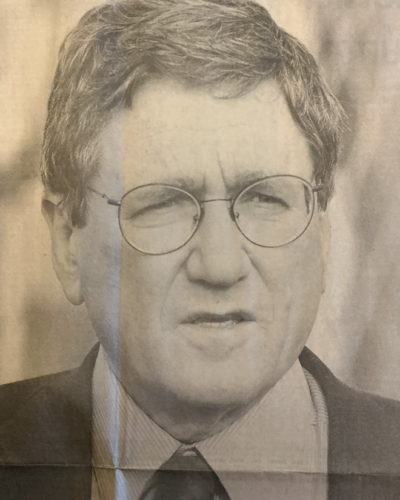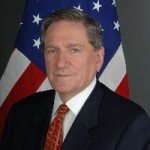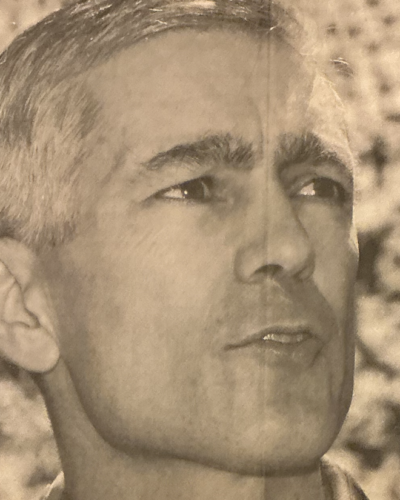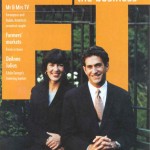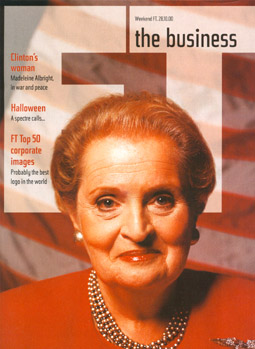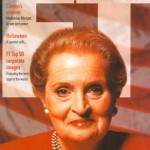Turn, turn, turn
Arianna Huffington says that she’s had a “political conversion” — not from right to left, but “beyond right and left”. Disillusioned with the “degradation” of US politics, the outspoken Greek-born author and columnist has broken with her conservative past and, apparently, opened up to the sufferings of the poor and underprivileged. She denies she’s become a liberal, but believes that the political system can be changed “through a movement throughout the country, along the lines of the civil rights movement”.
She is also frustrated with the money flooding into US politics; ironic, some say, since her former husband, then-congressman Michael Huffington of California, spent nearly $30m on his unsuccessful senate run in 1994. But that campaign was an “eye-opener”, says Arianna, who is now a staunch supporter of Arizona Senator John McCain’s campaign finance reform efforts…



